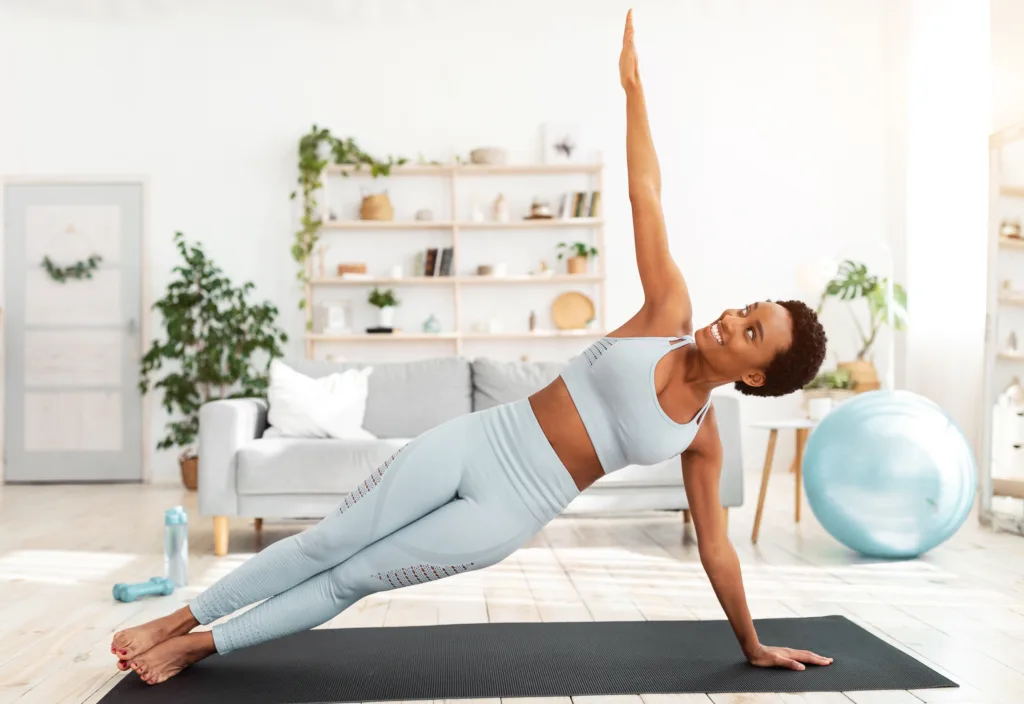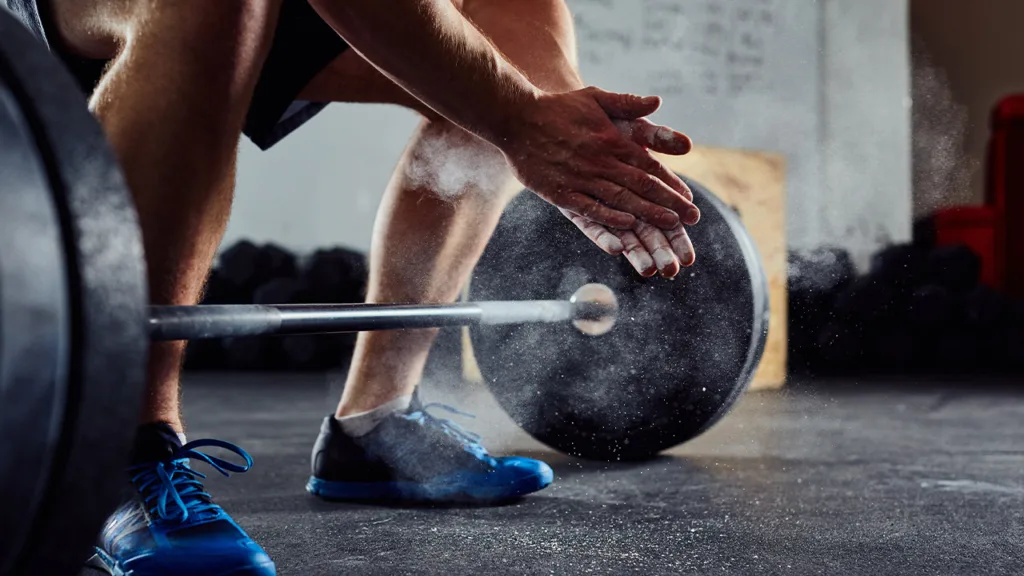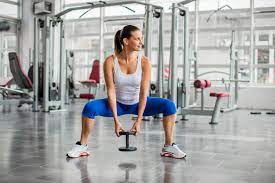Fitness. For many, the word conjures up intimidating images of chiseled bodies lifting heavy weights or perfectly poised yogis effortlessly holding complex postures. It’s no wonder many beginners feel a swirling storm of fear when they contemplate embarking on a fitness journey. Will I be judged? Will I fail? What if I don’t know how to use the equipment? While these concerns are valid, allowing fear to fester can prevent you from ever getting started. Conquering the common fears faced by beginners is the true first victory on the path towards better health.

Understanding and proactively addressing these fears is the first step towards success. When armed with practical strategies to overcome self-doubt, you can step into the gym or studio with energy and enthusiasm rather than anxiety. Structured goals and plans turn the abstract concept of “fitness” into concrete, non-intimidating steps. And surrounding yourself with supportive communities dilutes the power of fear through human connection. By leaning into courage over comfort, beginners can discover the immense freedom that comes with focusing on your own rewarding journey rather than getting lost in rigid comparisons.
The path is there, brightly lit and waiting for you to take the first step. Now is the time to shake off limiting fears and boldly stride forwards as the hero in your own fitness story. Let’s explore tips and inspiration that will launch you towards victory.
Identifying Common Fears
Beginners carry unique fears that fuel avoidance and procrastination, preventing action before it ever has a chance to start. Bringing these fears into the light of awareness diffuses their paralytic power. Now they become visible obstacles you can pivot around rather than invisible walls stopping your forward motion.
Fear of Judgment and Comparison
The fitness world can unfortunately harbor a superficial reputation centered around aesthetics over health. And for many beginners, the root of fear lies in worrying about experienced gym-goers evaluating or critiquing their abilities (or lack thereof). Bombarded by images of fitness models with perfect physiques, it’s easy to assume everyone at the gym must be judging the size of your body or amount of weights you lift.
The reality is most people at the gym are consumed by their own workouts, playlists, and fitness targets—not scrutinizing your routine. Those who do look your way are likely doing so out of encouragement rather than criticism. The fitness journey is deeply personal; the only comparisons that matter are the ones between you today and you three months from now. Your worth, beauty, and capability exist regardless of where you may be on your journey.
Embrace the fact that everyone had a first day at the gym at some point. Go with a supportive friend if that eases the transition. Claim your space and recognize you deserve to be there as much as anyone else working on bettering themselves. Judgement generally says more about the criticizer’s limitations than the person being critiqued. Keep your eyes focused straight ahead on your goals rather than anxiously darting around the room. Each workout successfully checked off builds confidence. Soon enough, you’ll be the one welcoming new members rather than being the newcomer.

Fear of Failure and Unrealistic Expectations
Beginners often grapple with two contradictory fears: rigidly failing to meet self-imposed fitness ideals or abandoning efforts after falling short of unrealistic expectations.
Grandiose visions of dropping four clothing sizes or bench pressing your body weight after two weeks inevitably leaves one feeling defeated and frustrated. However, fear of failure can also push beginners to recklessly push themselves into injury or exhaustion in risky attempts to rapidly achieve unrealistic goals.
Your fitness journey is a celebration of growth, not a series of pass/fail performance reviews. Progress builds gradually through reasonable goal-setting and conscious effort. Perfection is unattainable. There will be days where you mess up your meal plan, skip a workout, or have to lower your weights. What matters is waking up the next day re-focused rather than spiraling into harsh self-criticism. Set manageable, quantitative fitness goals to provide clarity and measurement without rigidity:
“I will go to at least 3 yoga classes per week this month to improve flexibility”
“I plan to increase my weights by 10-15 pounds in the next two months”
Rather than restricting yourself, focus on introducing new healthy habits. Personally commit to consistency rather than demanding rapid, radical results. Small changes compound over time. Each choice consciously made in alignment with your end goal constitutes success and forward momentum. Progress snowballs when fueled by compassion rather than contempt at every minor imperfection. You’ve already achieved something powerful when you made the choice to pick up the weights, lace up your shoes, or set foot into the gym in the first place.
Fear of the Unknown: Workouts and Equipment
The logistics of just entering a gym can seem overwhelmingly complex to a newcomer among the dizzying arrays of machines, rooms, equipment, weights, instructors and rules. Despite popular misconceptions, walking on a treadmill is not instinctual knowledge, and navigating which equipment to use for what body part can feel like decoding hieroglyphics.
Fitness communities toss around intimidating words like “supersets”, “drop sets”, “hypertrophy”, and “progressive overload” that sounds eons away from your beginner status. You may worry about looking foolish or even hurting yourself using machines improperly in your quest to figure it all out. But fitness fluency comes from experience and guidance, not innately flowing out of nowhere.
Lean away from comparison and towards curiosity as you acquaint yourself with various fitness modalities. Whether you join group classes, hire a personal trainer for a few sessions, or have a knowledgeable friend help orient you, it’s perfectly reasonable to require an onboarding period. No skill exists in isolation. Seek communities that foster welcoming environments full of people passionate about sharing hard-won fitness wisdom.
Make use of beginner offerings like intro workouts, basics courses, or simplified home programs to build confidence with equipment and workout methodology. Mastering functional movements one step at a time with an adjustable, progressive system prevents injury and disorientation. Many obstacles drop away once you focus on enjoyment over assessment. What felt foreign quickly becomes familiar through application. Keep exploring until you discover the routines and spaces where you come most alive.

Building Confidence on the Fitness Journey
In fitness, consistency compounds over crash diets, and small incremental progress wins over drastic, overnight results. Gentle perseverance centered on cumulative milestones breeds confidence. You form a positive feedback loop where seeing yourself safely navigate beginner workouts today grants you assurance to attempt more complex movements tomorrow.
Small Victories, Big Progress
The subtle internal shifts precede the external transformations. Notice how lifting slightly heavier weights leaves you empowered. Acknowledge when navigating gym equipment becomes second nature rather than a confusing chore. Take pride when tasks like push-ups or touching your toes get progressively easier through disciplined effort. These humble “non-victories” build lifeline momentum.
Physiological changes accompany the fitness journey, but mental and emotional growth parallels this progress. Self-doubt and hesitation melt away as you uncover previously unknown wells of inner strength and capability. The “non-scale” victories open your eyes to what your body can achieve with patience and compassion as fuel. You learn something even more valuable along the way too: self-trust. fitness reveals commitment, vulnerability, growth, and courage all originate within you rather than from any external factors.
Progressive Workout Plans
To prevent overexertion injuries or emotional setbacks brought by rigid programs, beginners need customizable workout plans spanning difficulty levels. Linear periodization allows for this gradual ramp-up that strategically increases volume, intensity, and weight based on your current ability. Powerful beginner-friendly movements include:
- Squats
- Split Squats
- Planks
- Glute Bridges
- Push-Ups
Focus on precision over pace, alignment over weight size, and technique mastery over straining speed. Allow scheduled rest days for full muscular repair. Incremental progress through “324” and “921” workout structures add sophistication while preventing exhaustion.
At first simply showing up to a 30-minute beginners class blisters your stamina. But in displayed commitment comes capability earned through time and effort. A month later you’re comfortably integrating car
Thank you for reading this post, don't forget to subscribe to our free newsletter
!

